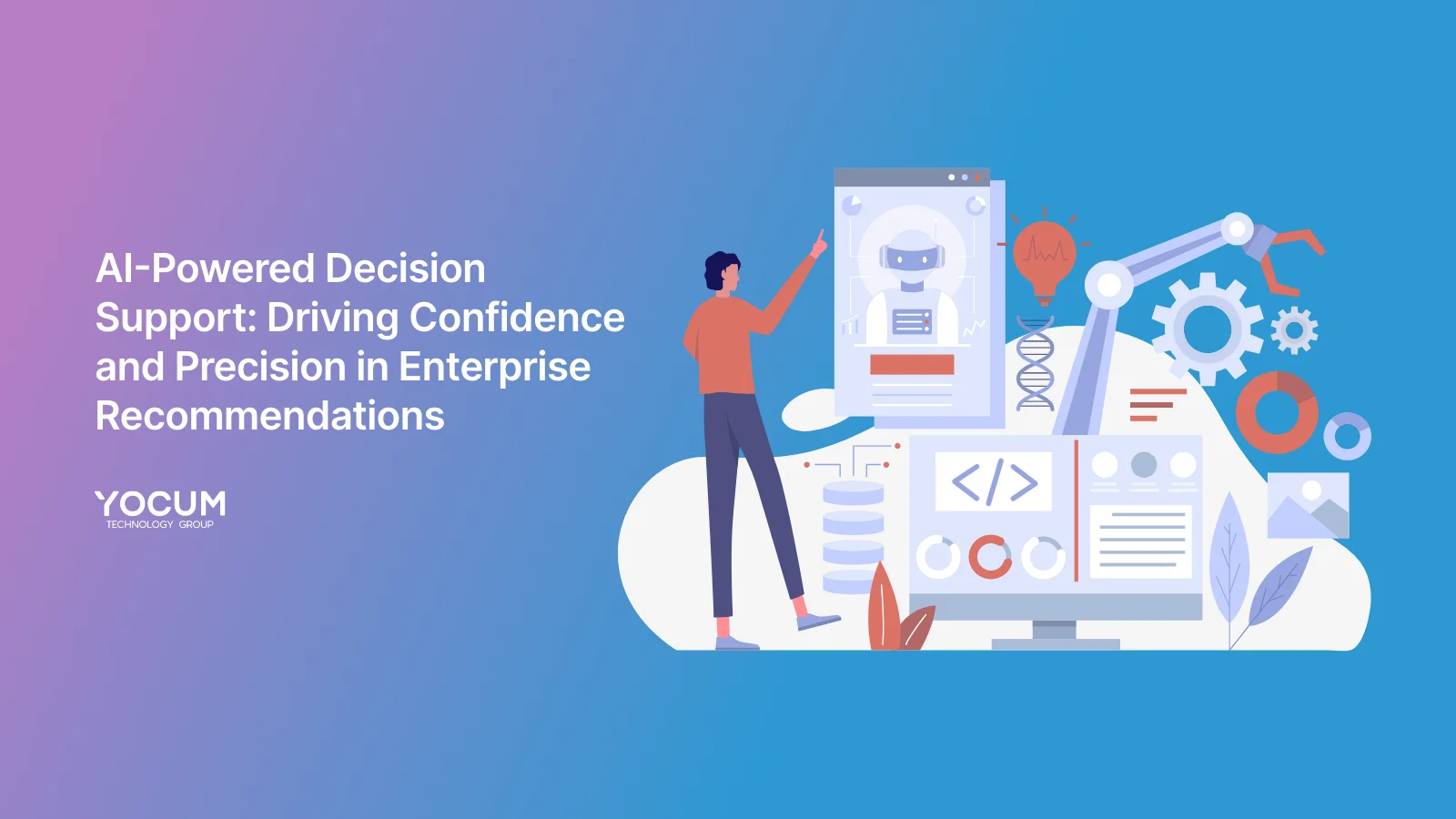How Georgia-Pacific is Using Causal AI to Transform Touchless Commerce
Key Takeaways
- Causal AI enables Georgia-Pacific to analyze and act on complex cause-and-effect relationships in business operations, significantly enhancing operational efficiency.
- By leveraging Causal AI, Georgia-Pacific addresses the challenge of achieving perfect order fulfillment amidst logistical and operational complexities.
- The application of Causal AI by Georgia-Pacific not only optimizes order management but also significantly improves customer satisfaction by ensuring timely and complete deliveries.

While Generative AI often captures headlines with its ability to create new content, another AI technology, Causal AI, is proving even more transformative in the business world. Georgia-Pacific, a leading manufacturer and distributor of consumer products, is at the forefront of this innovation. By applying Causal AI, the company is making significant strides in achieving what they call 'touchless commerce'—a streamlined, almost fully automated system of handling orders.
About Georgia-Pacific
Georgia-Pacific operates a vast network of over 150 facilities and employs around 30,000 people worldwide. This sheer scale introduces substantial complexity in managing the thousands of orders they handle daily. Mike Carroll, Vice President at Georgia-Pacific, emphasizes the need for a technology capable of managing these complexities with high precision. Causal AI fits this bill perfectly, allowing them to discern intricate patterns and anomalies in real time, which are crucial for enhancing operational efficiency and customer satisfaction.
The Challenge
The primary challenge in order fulfillment is the concept of the 'perfect order.' Businesses strive to deliver every order on time and as a whole, yet achieving this consistently requires a finely-tuned orchestration of several factors: inventory availability, shipping logistics, and the strategic movement of goods between locations. Causal AI aids in this by predicting and understanding the relationships between various operational factors and their impact on order fulfillment.
By deploying Causal AI, Georgia-Pacific has gained the ability to proactively identify potential bottlenecks and resource constraints that could delay deliveries. This proactive approach is critical in ensuring that they can meet customer expectations for timely and complete deliveries—a key factor in customer satisfaction.
In essence, Georgia-Pacific’s pioneering use of Causal AI sets new standards for how businesses can leverage advanced technologies to solve traditional problems. The insights gained from this approach improve efficiency and enable a more seamless integration of human expertise with machine precision, marking a significant leap towards the future of industrial operations.
You can read the full Forbes article here
What is Casual AI?
Casual AI refers to artificial intelligence systems that are designed to be user-friendly and accessible to the general public. These AI solutions often require minimal technical expertise to use, making them suitable for everyday applications. Casual AI can assist with a variety of tasks, from scheduling appointments and managing emails to providing recommendations for entertainment or shopping. The goal of Casual AI is to enhance daily life by automating routine tasks and offering helpful insights, all while being as easy to interact with as having a conversation with a friend. This technology is rapidly evolving, continuously learning from interactions to better serve its users' needs in an intuitive and approachable manner.




